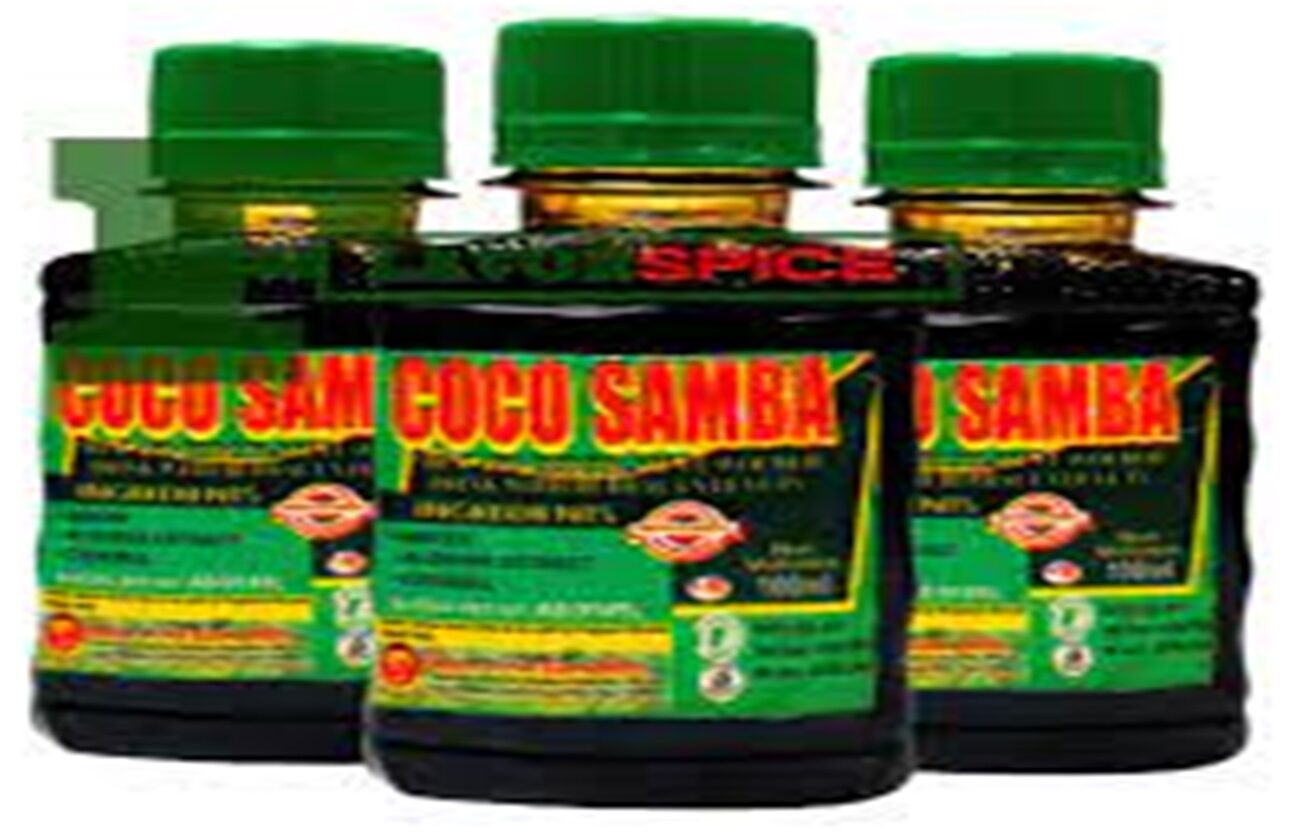By: Sulaiman Aruna Sesay
As a way of protecting the people of Sierra Leone, Pharmacy Board has condemned the use of Coco Samba. This action was mentioned in a press release issued out on the 20th February 2024.
 Coco Samba is an herbal supplement that claims to improve physical performance, aid in weight loss, and boost overall health. The supplement contains a blend of natural ingredients, including green tea, caffeine, and garcinia cambogia. These ingredients are believed to have thermogenic properties, which means they can increase metabolism and promote fat burning.
Coco Samba is an herbal supplement that claims to improve physical performance, aid in weight loss, and boost overall health. The supplement contains a blend of natural ingredients, including green tea, caffeine, and garcinia cambogia. These ingredients are believed to have thermogenic properties, which means they can increase metabolism and promote fat burning.
The Pharmacy Board stated in the press release that, they cannot guarantee the safety and quality of the product in question. This cautionary statement was based on preliminary tests conducted in our laboratory. The release further advised the public to keep away from this product whilst further confirmatory tests will be conducted in conjunction with other sister regulatory authorities in the region. They added that, laboratory analyses were also conducted on the following products as follows: Olekoko Akson Bitters; Oga Abeg, and Good Time National Herbal Formula were found to contain Sildenafil Citrate of varying strengths.
This ban is significant for both consumers and manufacturers. For consumers, it means that they will no longer be able to purchase or use Coco Samba. This restriction is in place to protect consumers from the potential dangers of unregulated supplements. While many people believe that natural or herbal products are safe, the truth is that they can still cause harm if not properly regulated.
This ban also highlights the importance of transparency and honesty in the supplement industry. Many supplements, including Coco Samba, make grand claims about their benefits without providing sufficient evidence to back them up. Consumers must be cautious when reading marketing materials for dietary supplements and do their research before consuming any product.
The ban of Coco Samba by the Pharmacy Board is a positive step towards protecting consumers from potentially harmful supplements. This decision reaffirms the need for regulation in the supplement industry and urges manufacturers to prioritize transparency and consumer safety. As consumers, we must remain vigilant and informed to make the best decisions for our health and well-being.












